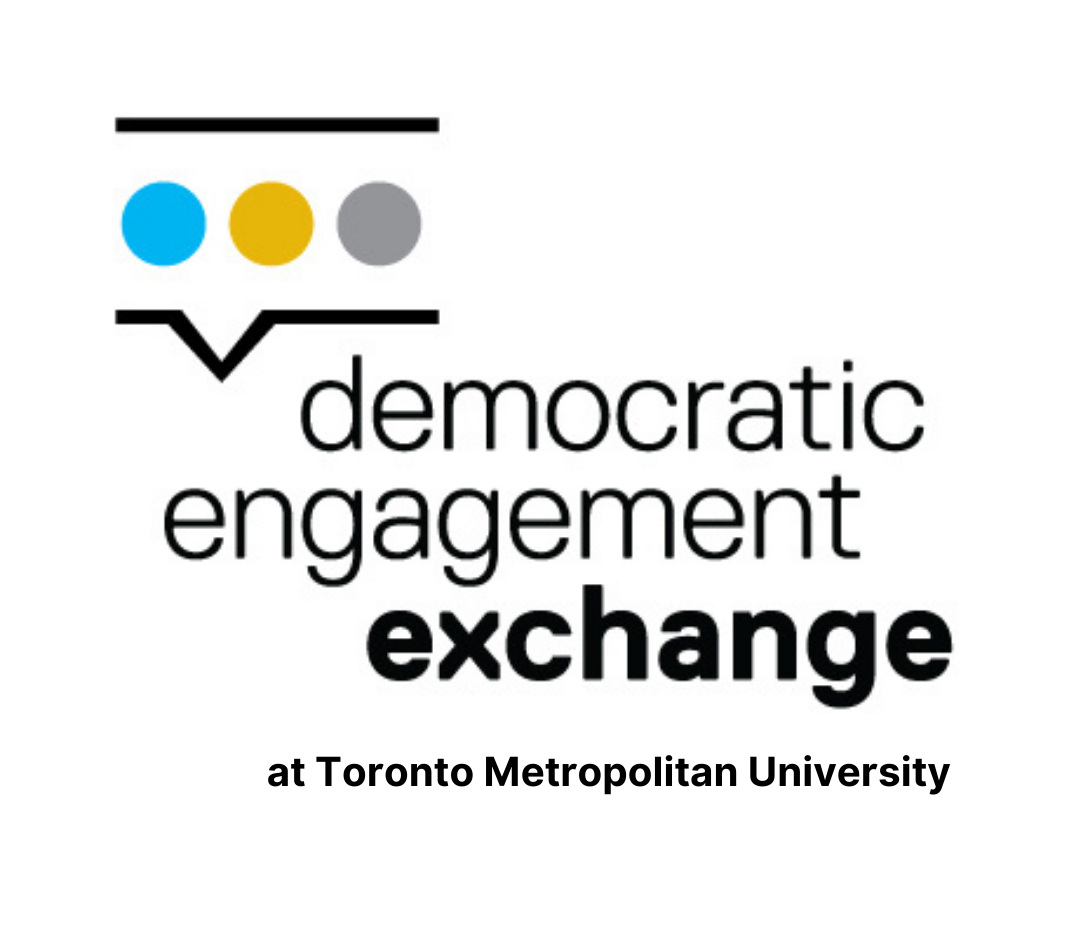DEMOCRACY DIALOGUES
Season 5: Emerging Challenges & Community Responses
PREVIOUS EPISODES
As the 2024 Edelman Trust Barometer makes clear. We are facing a paradox. Technical innovations, including AI, promise prosperity but these same innovations erode trust and fray our social fabric. This erosion of trust and increasing political polarization are undermining democracy around the world. And Canada is not immune to these forces.
Join us for a critical discussion with two leading thinkers uniquely qualified to to address this challenge, help understand the implications for Canada and the world and suggest a course forward to ensure the health of our democracy. Michael Thomson leads the Technology Sector for Canada at Edelman and is a member of the Edelman Center of Excellence for Artificial Intelligence. Richard Wike is director of global attitudes research at Pew Research Center and keen observer of the intersection of technology and democracy around the world.
Loneliness is a serious epidemic with troubling implications for the health of our democracy. Join Toronto Foundation president and CEO, Sharon Avery and Head of Cultural Programming at Vancouver Public Library and Founder of #bemyamigo initiative, Jorge Amigo for a discussion about the causes of the epidemic, the impact on our democracy and potential solutions.
In this session, we will explore what happens when our loose networks of neighbours, associates, and colleagues shrink and even the number of close friends people report having declines. While this is not a new phenomenon, social media and the COVID 19 pandemic appear to have accelerated existing trends. While this phenomenon is not limited to one group or demographic, young people are reporting some of the highest levels of loneliness.
Whatever happens over the course of the next year during the US presidential election, core principles of American democracy are being tested and there is no guarantee that it will pass the test.
How do we understand this fundamental challenge to democracy in the US and what are the implications for Canada and our democracy? What are the lessons to be learned? What steps can we take now to ensure Canadian democracy remains vibrant and inclusive?
Can we harness AI to promote an inclusive and vibrant democracy or will AI, when fully unleashed, undermine the very foundations of our democracy?
As UNESCO’s Gabriela Ramos states, “Tech such as #AI can help us advance our goals, but we need an ethical compass to root out the inequalities it reproduces.”
We will explore how AI impacts existing challenges like the digital divide and disinformation campaigns. Will AI further concentrate political power in the hands of well resourced corporations, governments and individuals? Will it be used to mass produce ever more sophisticated disinformation campaigns?
We will also explore the potential of AI to strengthen democracy by scaling and enhancing innovations that enhance citizen participation in policy making.
This first episode is offered in partnership with our friends from Public Policy Forum (PPF), YMCA Canada, and Elections Canada and will include both youth voices on the panel and in the audience.
The PPF has released an important report called Far and Widening: The Rise of Polarization in Canada. It is a dynamic and comprehensive study involving more than 1,600 young adults (18-35), ten researchers and writers, six community organizations, two think tanks and one investigative journalist, all studying, documenting, and reporting on the issue of Canadian polarization. The report makes a critical contribution to understanding forces driving polarization and the response of Canadians and young people in particular. It may not be what you expect and it certainly does not reflect the experience of polarization in the United States.
In this session, we will share project learnings about forces like a changing media landscape, the pandemic and party politics that are driving polarization. We will also look at what the data and deep conversations with young people tell us about how we are responding to these forces. The challenges are real but there are also real opportunities to prevent the kind of affective polarization that is threatening core democratic principles in the US.






